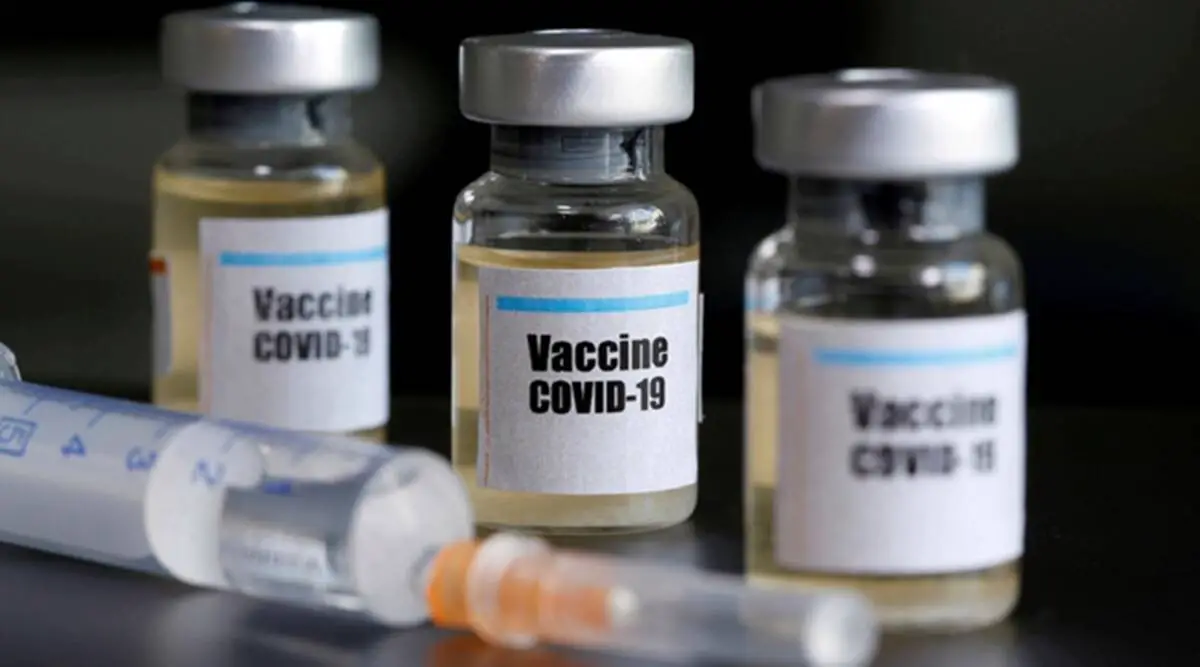A large-scale study conducted under the auspices of the Global Vaccine Data Network (GVDN), one of the world’s largest multinational organizations, has shown that the effects of the corona vaccine, especially the Pfizer-Moderna and AstraZeneca doses, increase the associated health risks, including the development of complications in the brain, heart and blood. Scientists have also identified some unusual conditions in the body of people who have taken those vaccines.
They have come to such a conclusion based on a survey conducted on 99 million people who received corona vaccination in a total of 8 countries. The study was conducted under the auspices of the Global Vaccine Data Network, one of the largest multinational organizations in the world.
In this regard, according to the report of Bloomberg and Forbes, among the people covered by the study, those who received the ‘mRNA’ vaccine, such as Pfizer and Moderna, showed a slightly higher level of inflammation in the heart. On the other hand, a rare disorder known as a blood clot in the brain has been linked to people who received the AstraZeneca vaccine, known as a viral vector.
The researchers also suggested that AstraZeneca vaccination was associated with a higher risk of Gullen-Barry syndrome. Guillain-Barre syndrome, or GBS, is a neurological disorder that weakens the muscles and slowly reduces the body’s strength. At some point, the affected person may lose the ability to move.
The new study, from the ‘Global Vaccine Data Network’, was published last week in the journal Vaccine. In the study, scientists initially looked at 13 specific conditions to ensure the safety of the vaccine. Among them, there was evidence of recurrent myocarditis, or inflammation of the heart muscle, in people who received the first, second or booster doses of ‘mRNA’ vaccines, such as those from Pfizer and Moderna.
In particular, this trend was slightly higher after the second dose of Moderna. There has also been evidence of pericarditis, or swelling of the tissue around the heart, following initial and booster doses.
On the other hand, a significant increase in Gulen-Barry syndrome was observed within 42 days after the initial dose of AstraZeneca. In this case, where 66 cases were expected under normal conditions, 190 cases were observed. The vaccine was also associated with a threefold increase in cerebral venous sinus thrombosis. It is basically a blood clotting disorder in the brain. 69 cases of the disorder were detected in vaccine recipients against the expected 21 cases. Several countries, including Denmark, have withdrawn or restricted the AstraZeneca vaccine over the allegations.
According to the report, 1 thousand 350 million doses of vaccine have been given around the world to fight the corona epidemic. These vaccines have played an important role in saving people’s lives. It is said that the corona vaccine has saved the lives of more than 1 million people in Europe alone.
It should be noted that in December 2019, the world’s first corona patient was detected in the city of Wuhan, Hubei Province, China. The first death due to Corona also happened in China. Then this deadly virus started spreading in different countries of the world very fast. To deal with the situation, the World Health Organization (WHO) declared a global emergency on January 20, 2020. But as the situation did not improve, WHO finally declared Corona as an epidemic on March 11 of that year.





